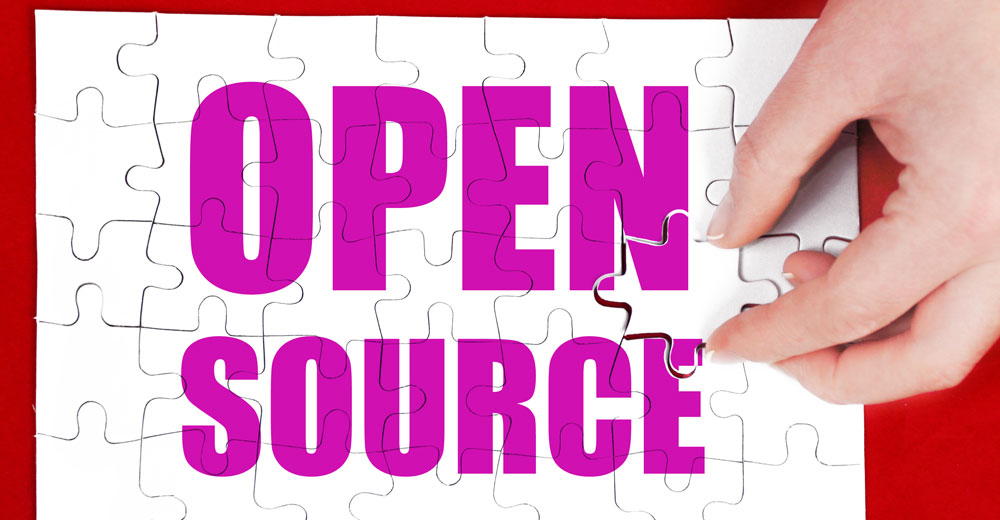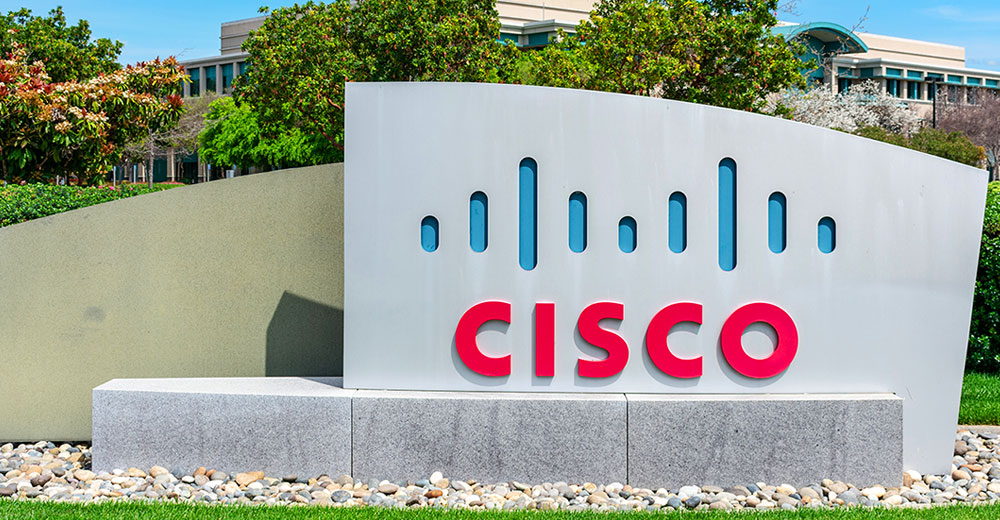In this edition of the latest open-source software industry news from LinuxInsider:
With cybersecurity training more urgent than ever, The Linux Foundation’s partners bring more free security classes to the internet.
Appwrite, a backend-as-a-service (BaaS) platform for developers, garners seed money and hands-on community members. In the works is a plan to empower open source to drive the next wave of developer tools.
Check out Ubuntu’s pending new arrival, and find out about new Deepin and Modicia releases.
Free Cybersecurity Training the Open-Source Way
Rampant instances of vulnerability have made cybersecurity breaches household worries.
Log4Shell, the SolarWinds compromise, Heartbleed, and more are costing organizations billions of dollars in prevention and remediation costs. Despite their notoriety and financial impact, cybersecurity breaches are becoming ever more common.
Reacting to breaches after the fact is less useful because that approach fails to protect users in the first place. Security needs to be baked into the software before it is released. Unfortunately, most software developers do not know how to do this. Or at the very least, simply fail to do it.
The Open Source Security Foundation (OpenSSF) is partnering with The Linux Foundation Training and Certification to alleviate this issue and improve access to cybersecurity training. The partnership provides free online access for everyone from developers to operations teams and end-users.
The Developing Secure Software course is geared toward software developers, DevOps professionals, software engineers, web application developers, and others interested in learning how to develop secure software. Those who complete the course and pass the final exam will earn a certificate of completion valid for two years.
This course focuses on taking practical steps, even with limited resources, to improve information security. It also covers key implementation issues and practical steps to counter the most common kinds of attacks.
Curriculum mirrors what is offered via edX but in a single course instead of three. The self-paced course can be completed in about 14 to 18 hours and includes quizzes to test the knowledge gained. Upon completion, participants will receive a digital badge. Anybody interested in the program can enroll here.
Massive Support Pays Off for Backend-as-a-Service Platform
Israeli software firm Appwrite earlier this month announced an influx of $27 million in its Series A funding led by Tiger Global Management and followed by seed round participants Bessemer Venture Partners, Flybridge Capital Partners, Ibex Investors, and Seedcamp. The investment will go to growing the Appwrite team, expanding product development, and supporting the open-source community.
“Backend as a service solution is capturing the attention of developers, and Appwrite clearly stands out for its simplicity and security, attracting the most developers,” said John Curtius, Partner, Tiger Global Management. “The organic ecosystem that is growing around Appwrite is the strongest we have seen and that has everything to do with the company’s leadership team, all of whom have developer DNA.”
The Appwrite platform is a self-hosted solution giving developers a set of easy-to-use REST APIs to manage their core backend needs. It offers a focus on simplicity, security, and performance.
Appwrite is one of the fastest-growing open-source platforms on GitHub today, now with more than 150,000 developers and 550 maintainers around the globe.
Since the seed round, Appwrite has introduced real-time capabilities, a native software development kit for both Android and iOS, and major upgrades to existing services.
“Our vision is to expand the Appwrite ecosystem of APIs to allow developers to build any kind of secure, innovative application fast,” said Eldad Fux, founder and CEO of Appwrite. “This latest funding round will help us do exactly that, but equally important is that this round is a testament to the resilience and power of open source communities driving the next wave of developer tools.”
Appwrite will use this latest funding round to expand its fully remote and global team across all departments with an emphasis on engineering and marketing, advance its cloud product for the market and sustain the open-source community for generations to come.
Much Awaited New Ubuntu Arrives Soon
The beta version of Ubuntu 22.04 LTS (Jammy Jellyfish) has arrived, opening the window for testing in advance of the final release the major upgrade release next month.
New features include desktop environment enhancements with GNOME 42, visual changes, and added functionalities. Also included will be app refinements and a new screenshot app.
This new release finally brings accent colors to the Ubuntu distro. Playing catchup with this feature, Ubuntu will get what other Ubuntu-based versions already enjoyed. Also expect an improved dark mode/light mode experience and an upgraded system-wide dark mode implementation.
However, adopters will also get disappointments with this pending release. The GNOME implementation with Ubuntu 22.04 lacks a horizontal dock.
Ubuntu 22.04 will continue the ongoing transition from the deb package to Snap. Improved Raspberry Pi performance should be apparent with the addition of zswap performance.
Deepin Gets More Than Visual Beauty Kudos
Deepin, a top Linux distribution from China, first debuted a few years ago with accolades for its uncanny beauty. Its March 31 release brings a mature, well-developed operating system.
Deepin’s popularity is based on design features that push innovations. For example, Deepin was the first distro to offer Android apps support and cloud sync options. Its latest release offers facial recognition. This form of secure login will obviously be available on desktops and laptops equipped with webcams.
Sporting an in-house desktop environment bearing the same name, the Deepin desktop looks modern and simplified, and includes a collection of its own Deepin apps. Some of the features include Deepin Mail app now supporting custom folder management, screenshot tools pin the captures, and multiple IPs can be set for a single wired network.
Cool, Unique Modicia OS Release
Italy-based Modicia Web Design and Development Company in January released its latest upgrade of the Modicia OS. If you distro hop or browse through traditional outlets for Linux operating systems, you probably will not stumble upon this gem, but it definitely is a discovery worth finding.
Based on Ubuntu 20.04 LTS, Modicia Linux uses the Xfce desktop that is wildly customized with various menus and appealing visual favors. Its ample text-based documentation and video tutorials for common desktop functions make this release a great choice of general computing needs with an edge towards video editing.


























































